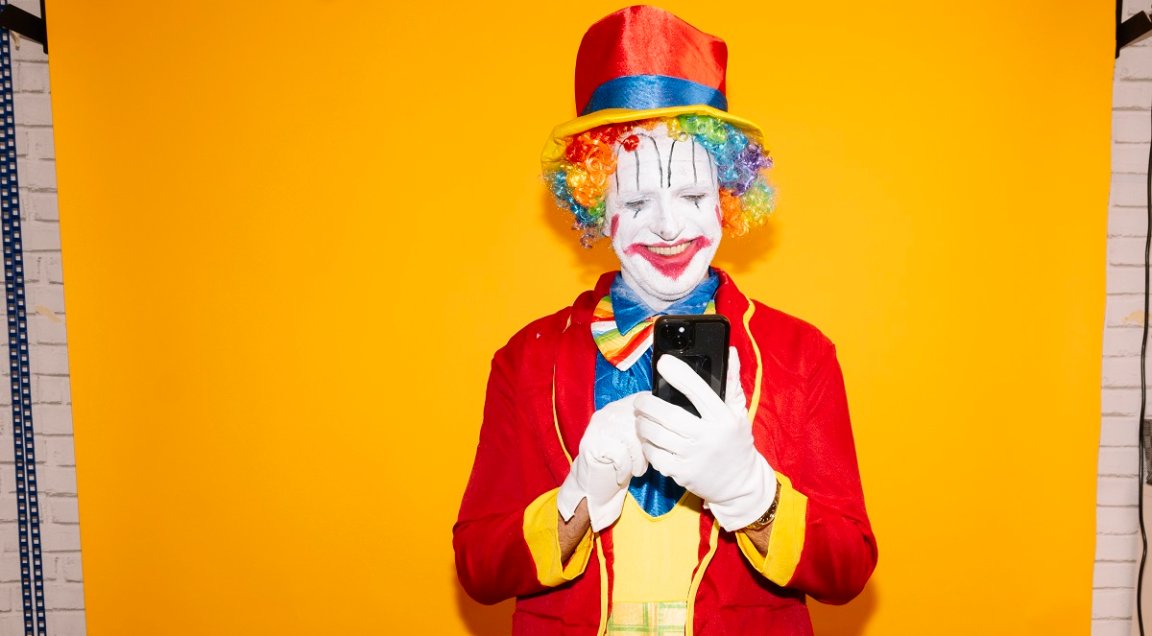
Companies that rushed to replace human labor with AI are now shelling out to get human workers to fix the technology’s screwups.
As the BBC reports, there’s now something of a cottage industry for writers and coders who specialize in fixing AI’s mistakes — and those who are good at it are using the opportunity to rake in cash.
Sarah Skidd, an American product marketing manager, told the British broadcaster that she’s not concerned about being replaced by the technology because, as her recent work experiences have taught her, she’s often tasked with cleaning up its many mistakes.
Earlier this year, Skidd was approached by an agency that urgently needed someone to redo copy for a client after having an undisclosed AI chatbot do the work to save a few bucks. The writing was typical of AI, she noted, calling it “very basic” and uninteresting.
“It was supposed to sell and intrigue,” Skidd told the BBC, “but instead, it was very vanilla.”
When the marketing maestro got down to business, she realized it was going to require a complete overhaul. Ultimately, she spent 20 hours redoing the copy from scratch — and with her $100-per-hour rate, that meant her client was shelling out $2,000 for copy that likely would have ended up being far cheaper had a human just written it in the first place.
With more and more companies rushing to replace the workers they fired during the pivot-to-AI craze over the past few years, things are shaking out in unexpected ways.
According to Sophie Warner, the co-owner of the UK-based digital marketing agency Create Designs, she’s been fielding more and more requests from clients to clean up after AI mistakes.
“Before clients would message us if they were having issues with their site or wanted to introduce new functionality,” Warner told the BBC. “Now they are going to ChatGPT first.”
In one recent case, a client ended up going without a website for three days and having to pay Create Designs nearly $500 over a small line of code that ChatGPT had written for them. The original update would, Warner said, have taken about 15 minutes to implement manually.
“We often have to charge an investigation fee to find out what has gone wrong, as they don’t want to admit it,” she told the broadcaster, “and the process of correcting these mistakes takes much longer than if professionals had been consulted from the beginning.”
Given that they’re now profiting off the technology’s mistakes, neither woman is particularly concerned about or even against AI — but they are frustrated that people think it can replace expert work.
“While it seems like a quick and inexpensive option, AI rarely takes into account unique brand identity, target demographics, or conversion-focused design,” Warner said. “It simply cannot replace the value of human expertise and context in our industry.”
Skidd, meanwhile, is confident about her job security in the age of AI.
“Maybe I’m being naive,” the American marketer said, “but I think if you are very good, you won’t have trouble.”
More on AI fails: You’ll Spit Take When You Hear How Little Time Workers Are Saving With AI, According to This Huge New Study